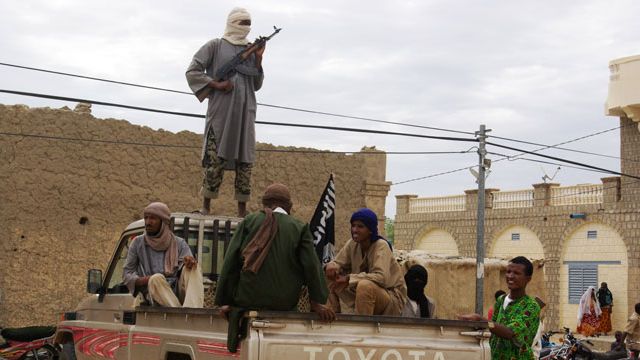By Justin Dorman
Impunity Watch Reporter, Middle East
SANA’A, Yemen – Most people who have been shot will check into a hospital to seek treatment and recovery. Rarely ever does one enter a hospital anticipating that he will end up shot. At present day, such is not the case in Yemen as Central Security Forces’ storming of hospitals threatens to shut down hospitals and weaken the overall health care system.

Yemeni security forces have been raiding hospitals and taking alleged militants from their beds to arrest them. These patients have been suspected of being engaged in illegal activities like armed robbery and attacks against state security. While there is no prohibition against hospital patients being lawfully arrested, international law mandates that they retain their rights to health care. When these patients are forcibly removed, not only is international law violated, but the their lives are put at risk.
The raids pose additional dangers to people other than the patients. A recent Central Security Forces attack on al-Naqib Hospital, in search of two alleged militants, left two hospital guards injured after they were beaten with Kalashnikov assault rifles and a gurney. The Central Security Forces also confiscated cell phones from both patients and staff and ripped out the hospital’s telephone landlines. Gunmen connected to the two men the Central Security Forces were seeking, opened fire on the hospital from the outside. A similar raid at MSF Hospital earlier this month led to shootings inside of the hospital when gunmen tried to prevent the arrests of patients. The shootings forced the MSF hospital to evacuate all of its patients and shut down the facility.
“Gunfights in hospitals put patients and medical workers at grave risk and threaten to shut down health care in Aden,” said Letta Tayler, a senior Yemen researcher at Human Rights Watch.
In addition to the incursions themselves, the security forces’ actions of have had other negative implications on hospitals. A few days ago, security forces began shooting live rounds at unarmed anti-government demonstrators in Sana’a. One hospital received more than one hundred injured people and eventually ran out of beds. It tried to transfer the injured to other nearby hospitals, but the checkpoints set up at almost every intersection by security forces made those efforts difficult.
“Sana’a is a very tense place to be at the moment. This was a huge protest that took place…and I think it just completely overwhelmed the security forces,” said Tariq Norman, the chief surgeon at a field hospital in Sana’a.
For further information, please see:
Human Rights Watch – Yemen: Security Forces Raiding Aden Hospitals – 20 October 2012
Al Jazeera – Deadly Fighting Engulfs Yemen Protests – 16 October 2012
Doctors Without Borders – Yemen: MSF Hospital in Aden Shuts Down due to Violence – 7 October 2012
Doctors Without Borders – Yemen: Violence Forces Closure of Hospital – 5 October 2012



